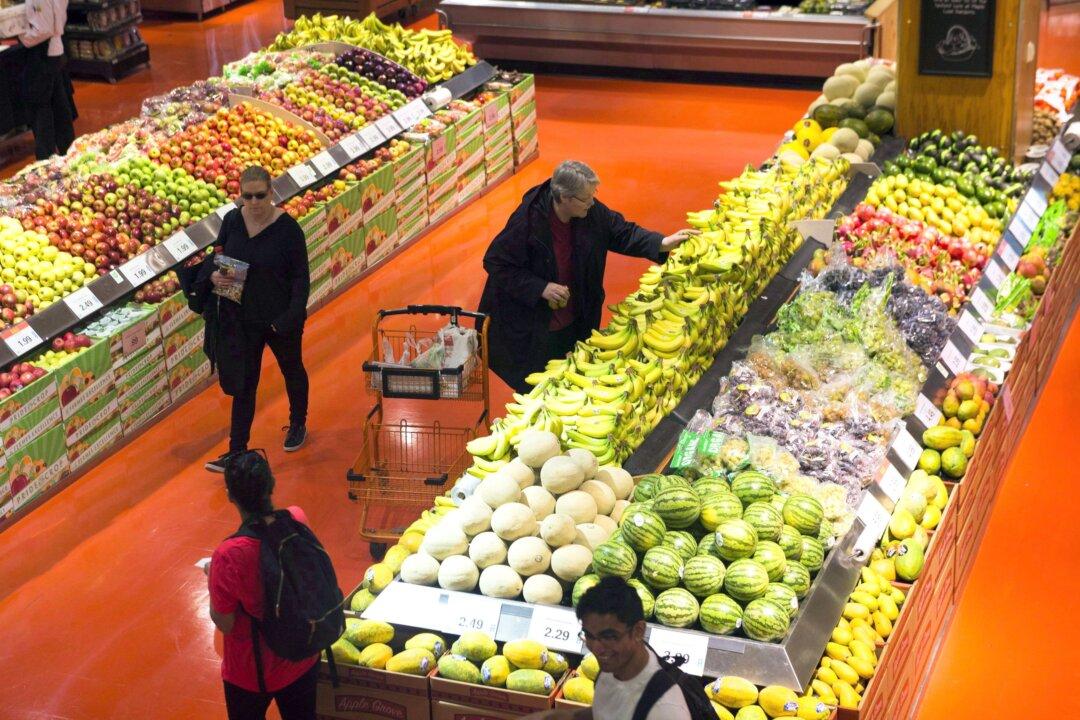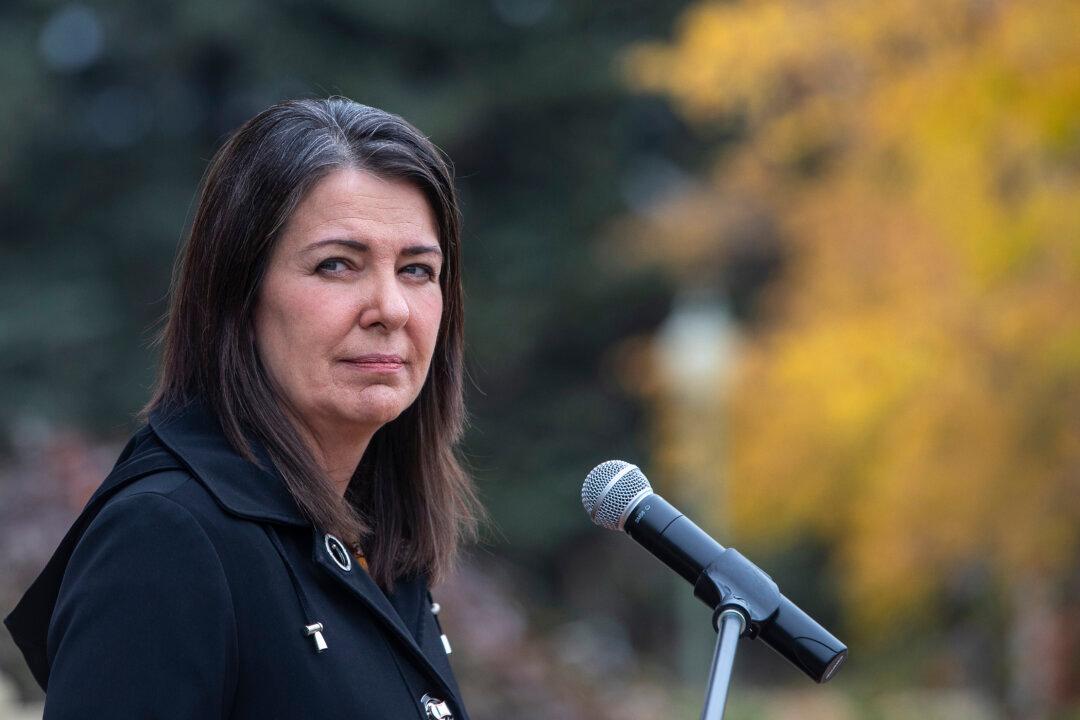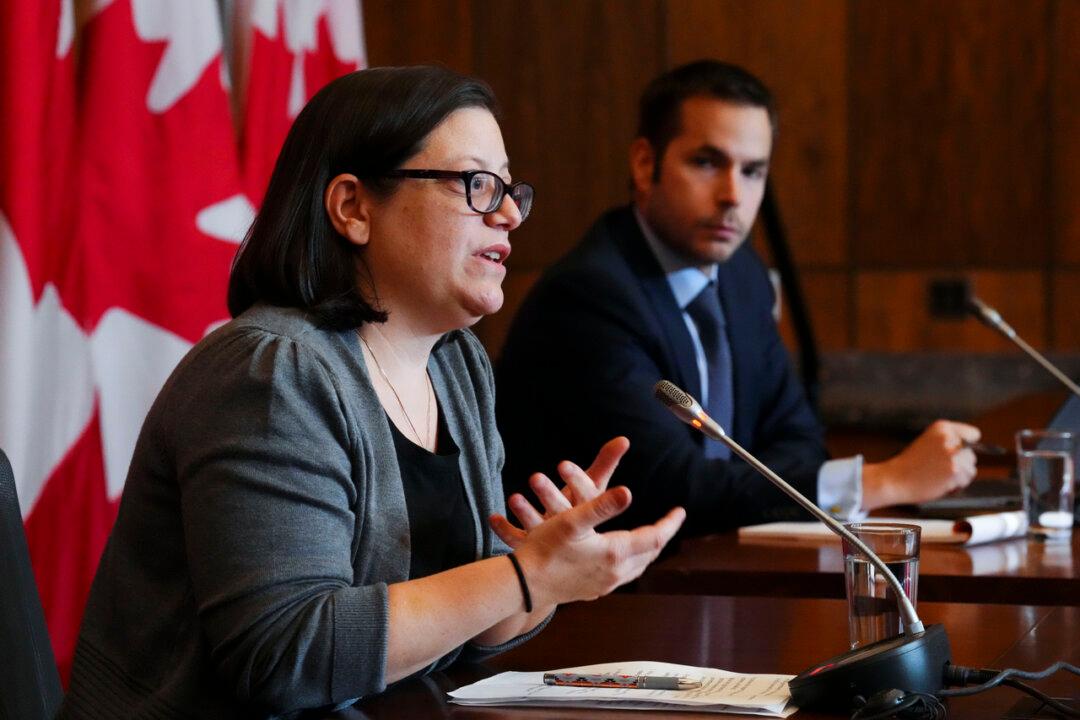Loblaw Companies Ltd., Canada’s largest grocer, is freezing prices on no-name brand items until the end of January 2023 to help give Canadians some relief from inflation.
The price freeze will be applied to more than 1,500 no-name items sold in over 2,400 stores across Canada, such as Shopper’s Drug Mart, No Frills, Maxi, and Zehrs.





